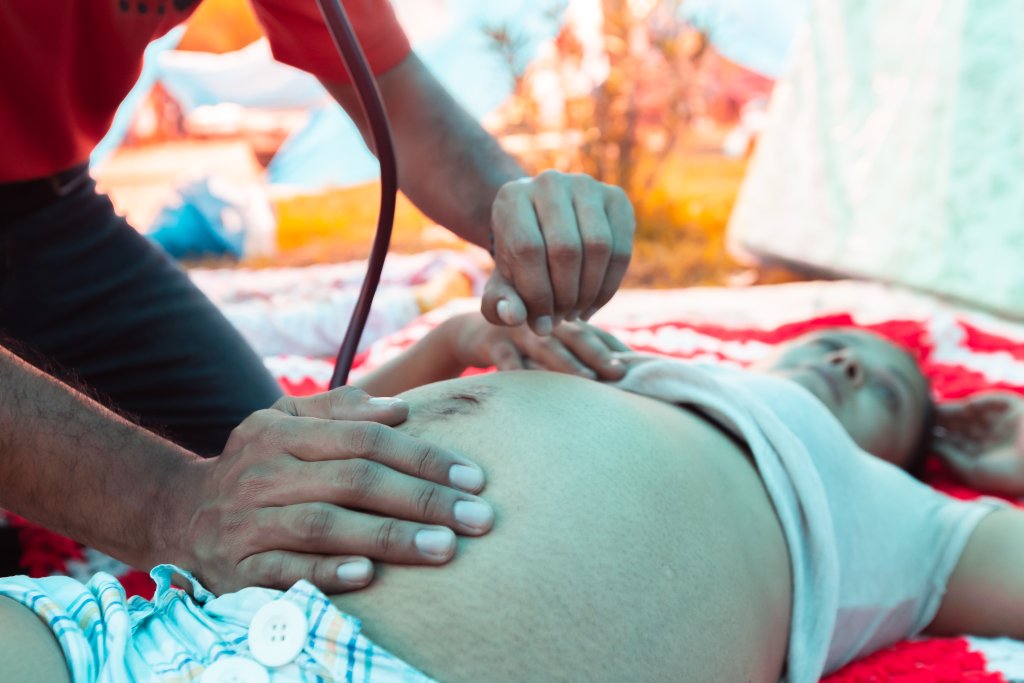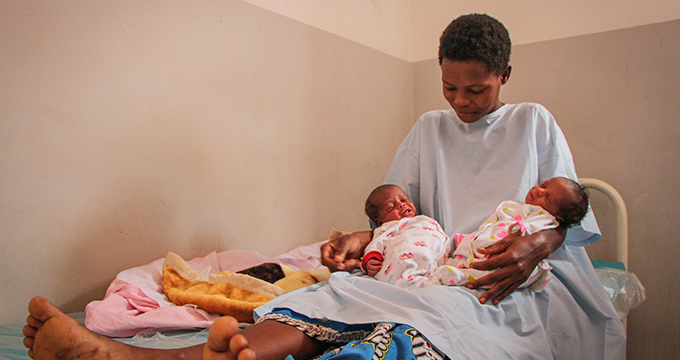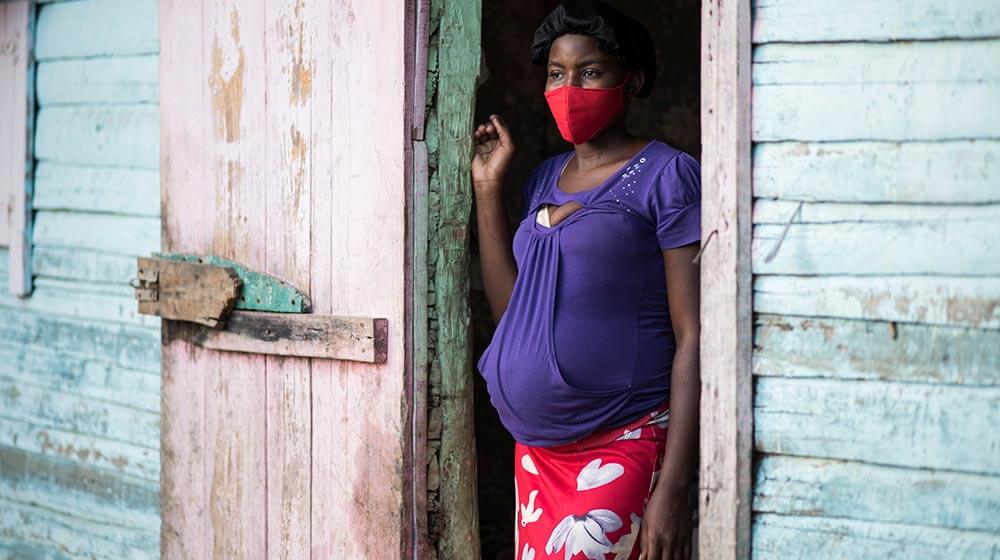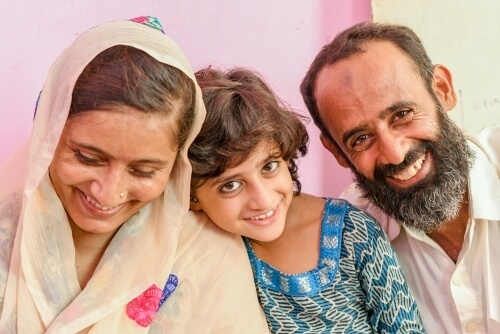Maternal Health
Enter the amount you wish to give
Every two minutes, a woman dies of preventable pregnancy or childbirth complications.
Every day, this amounts to 800 needless deaths. Nearly all of these deaths are preventable. While maternal deaths happen in every country and every community, the vast majority occur among women in developing countries, particularly in Sub-Saharan Africa and Southern Asia, and more than half occur in humanitarian settings. When mothers die, their families are much more vulnerable to poverty and poor health and their babies are more likely to die before their second birthday.
For every woman who loses her life to a pregnancy or childbirth complication, 20 to 30 additional women experience infections, injuries, or disabilities. One of the most debilitating birth injuries is obstetric fistula, which occurs during prolonged or obstructed labor and results in a hole in the birth canal that leaves the woman leaking urine or feces. 90 percent of women who develop a fistula deliver a stillborn baby. Fistula survivors often experience years of poor health and social isolation before receiving treatment.
Maternal deaths and injuries are the result of women and girls having little decision-making power over their life and bodies and limited access to lifesaving family planning, prenatal, and safe delivery care. Making motherhood safe is a human rights imperative and is at the core of our mandate.

Our Work to Make Motherhood Safe
-
Providing women with access to family planning counseling, so they have the information and resources they need to prevent unintended pregnancy.
-
Reaching women with skilled prenatal and postpartum care. This ensures women have the medicine and nutrition they need for healthy pregnancies, that they and their newborns recover well after birth, and that life-threatening issues are identified before it’s too late.
-
Training, equipping, and deploying midwives around the world, so women everywhere have the care they need during childbirth. We also provide emergency obstetric care, so if something does go wrong, women survive.
Our Impact in 2023
33,930
MATERNAL DEATHS
prevented in 2023
1 MILLION
BABIES
safely delivered in humanitarian settings
10.6M
PEOPLE
reached with essential sexual and reproductive health services in 50 countries



